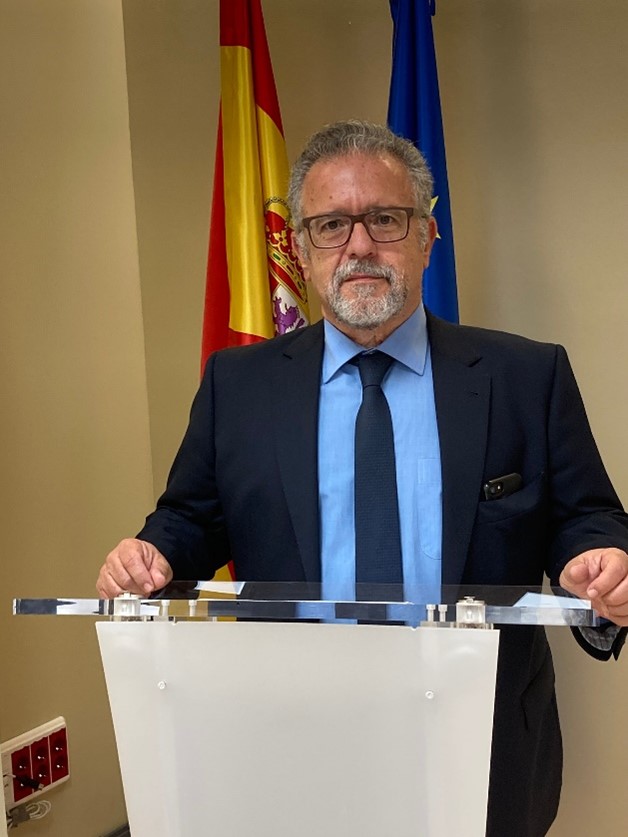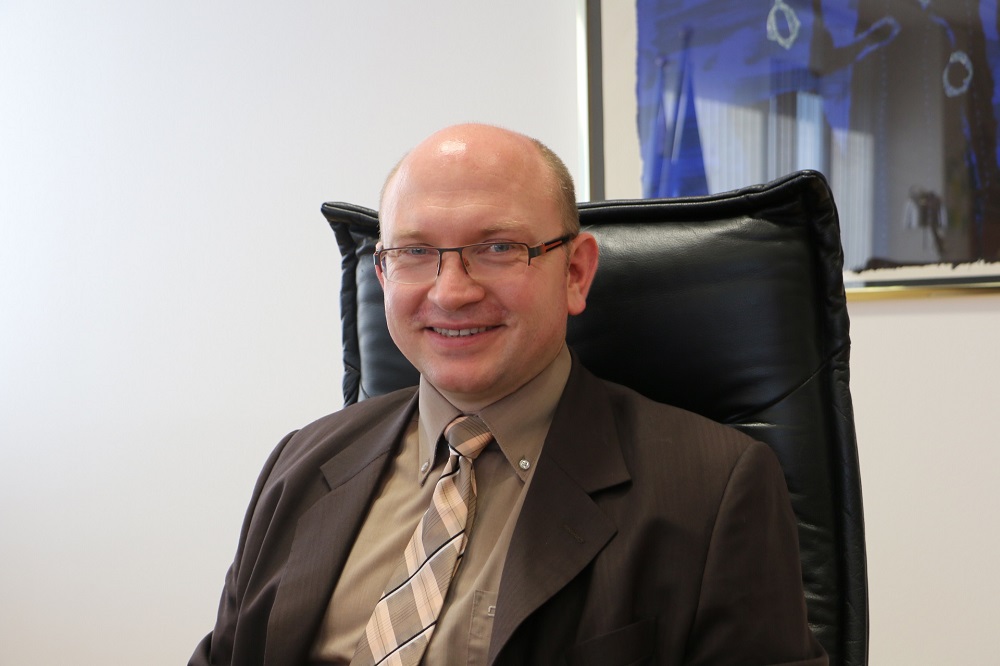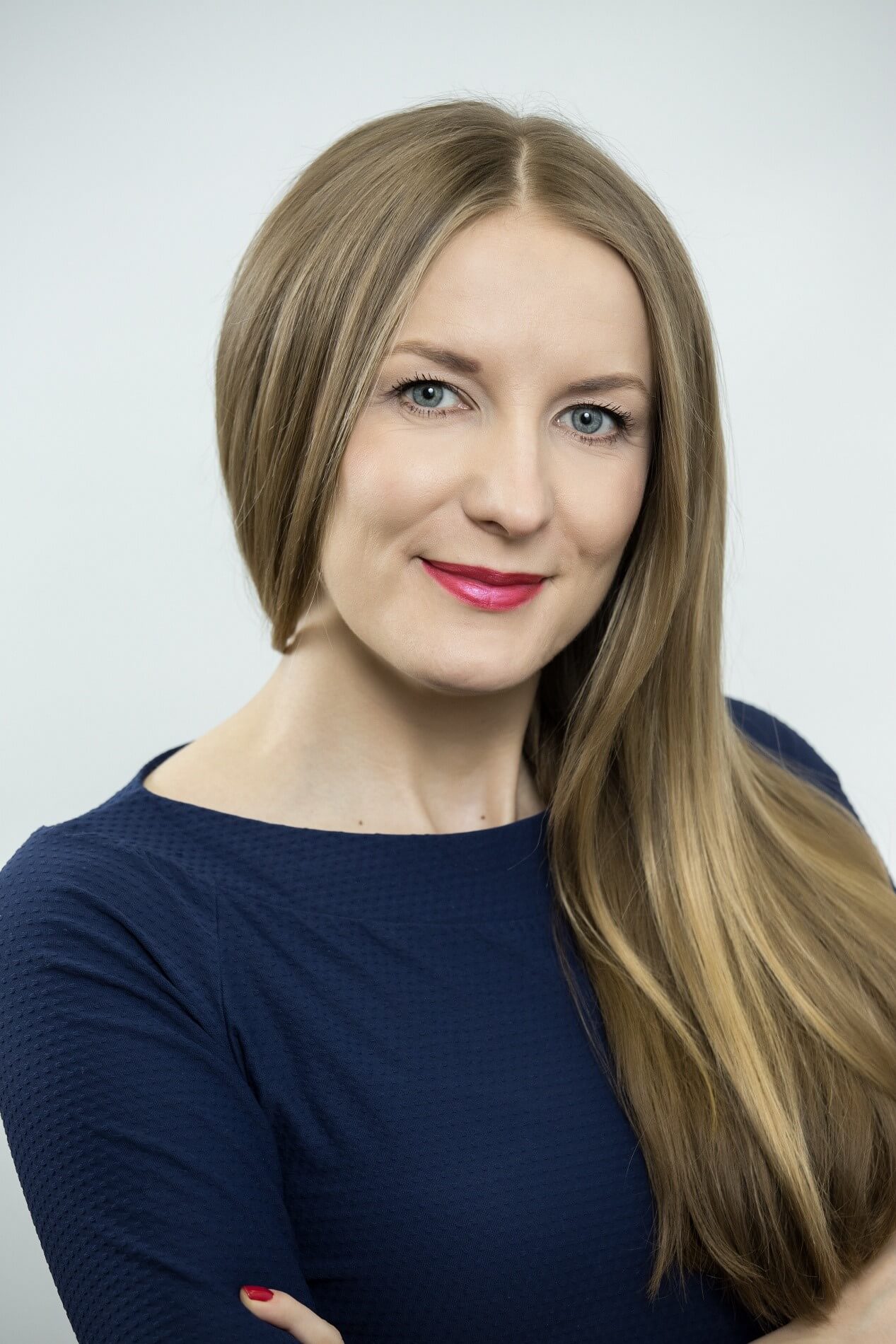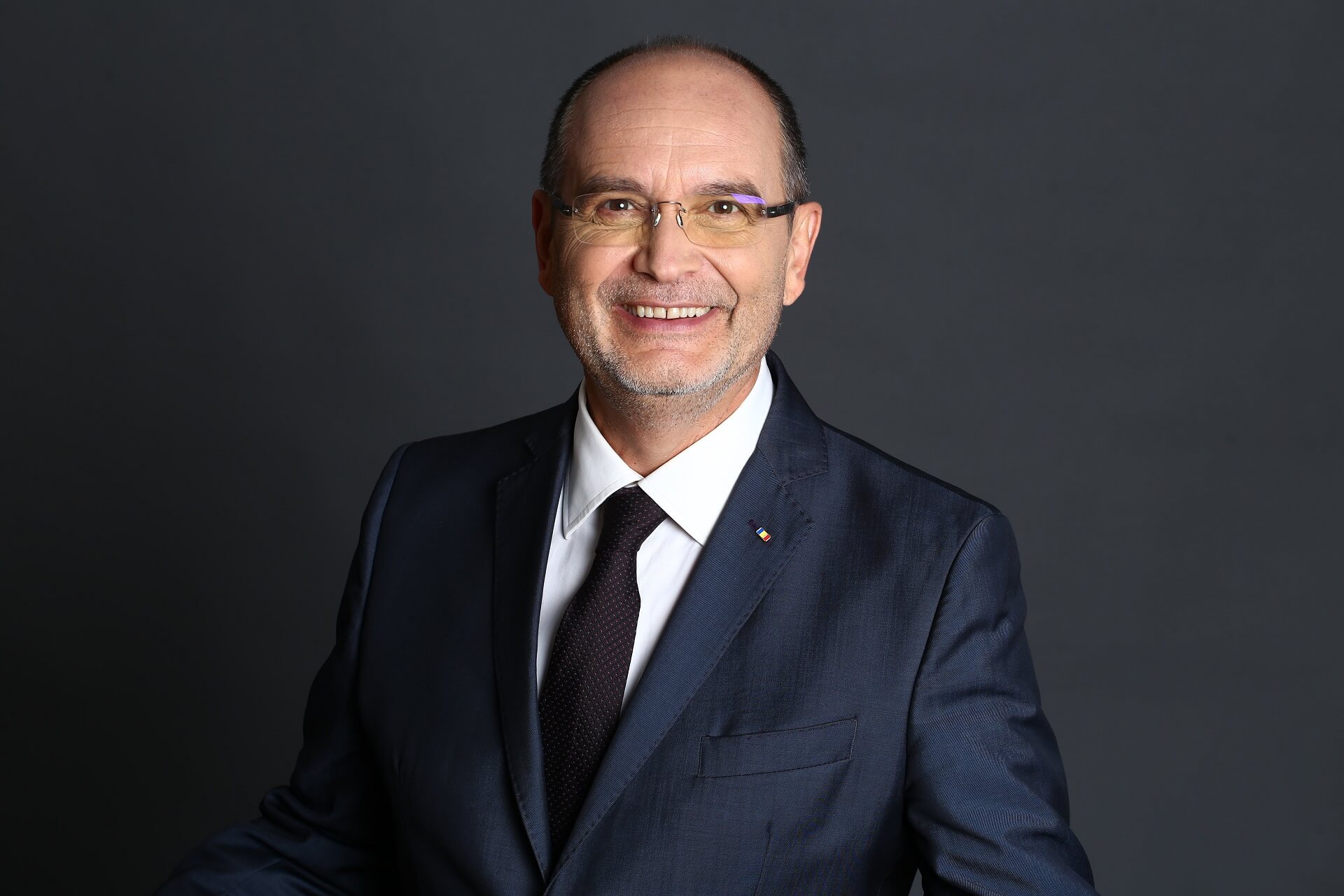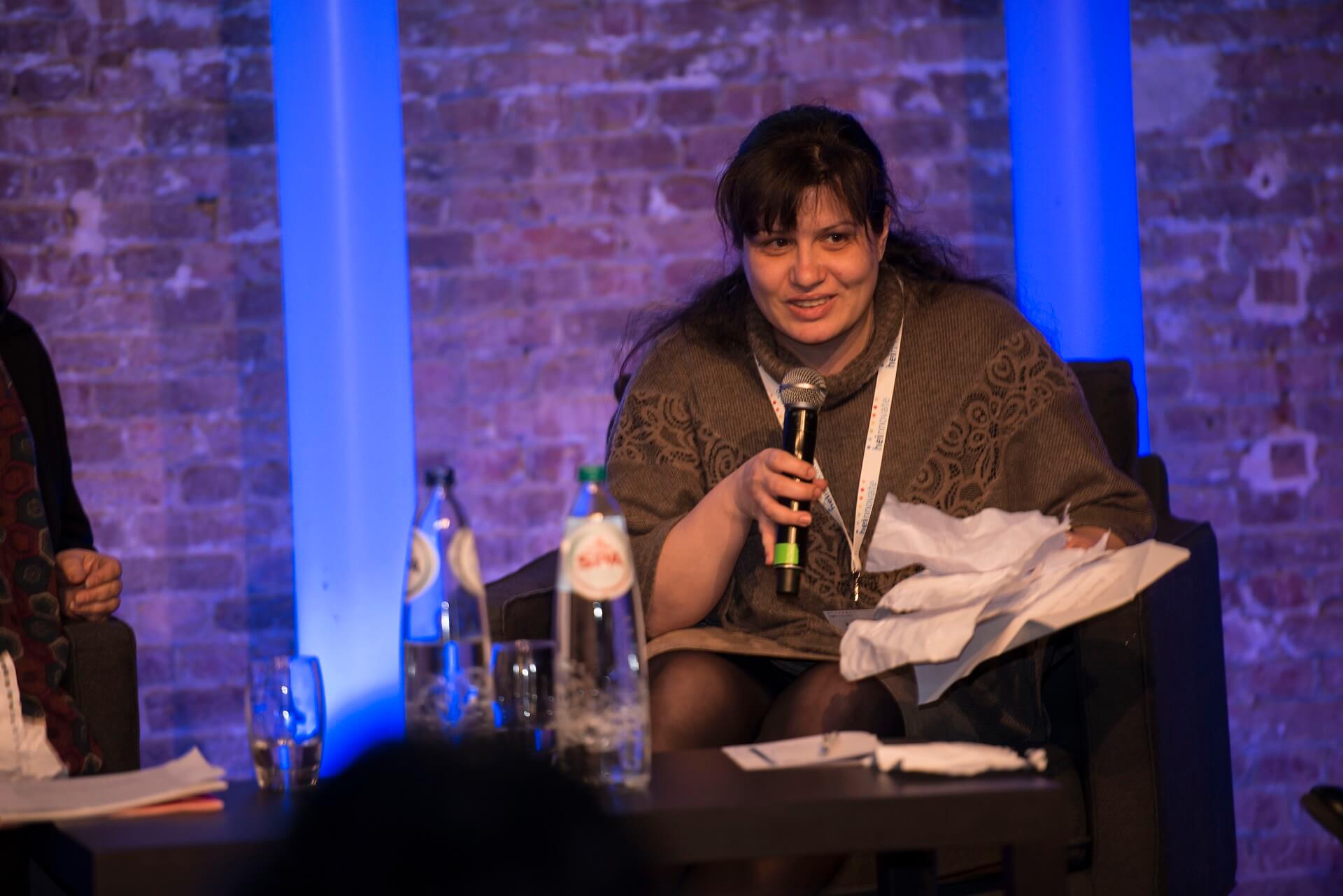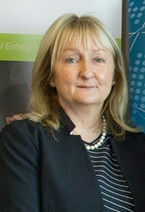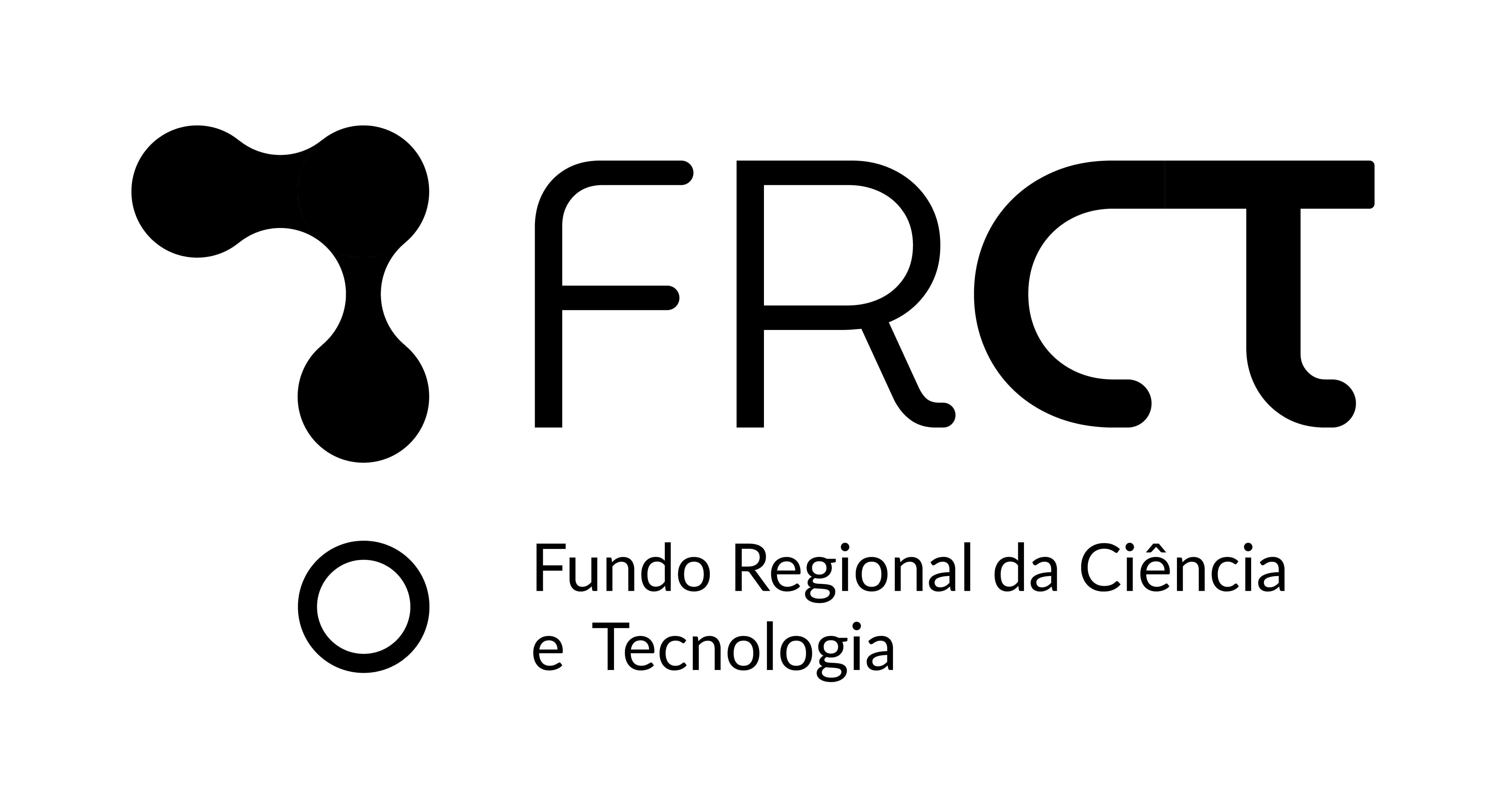About Athena
Do you know that almost 60% of women graduate in the EU, but very few of them pursue a research career?
Women are still underrepresented in most scientific disciplines, which constitutes a waste of talents for the European Research Area. We do not need only legal and administrative supporting mechanisms, we need to replace existing unconscious bias, with a more equal, inclusive, and fair understanding and practices of gender roles.
The ATHENA project is committed to strive towards gender equality, mitigating barriers to the recruitment, retention, and career progression of female researchers, and addressing gender imbalances in decision-making processes. ATHENA delivers and implements Gender Equality Plans (GEPs) in 8 research performing (RPOs) and research funding organizations (RFOs). ATHENA ensures that all people, disregarding of their gender, will have the opportunities to express their potential in research and contribute to an innovative, competitive and thriving Europe society”.
Main objective
Implementation of GEPs in research organisations
ATHENA – Implementing gender equality plans to unlock research potential of RPOs and RFOs in Europe.

Grant Agreement Number:
101006416
Funding Scheme H2020:
CSA – Coordination and support action
Specific Topic:
SwafS-09-2018-2019-2020 Supporting research organisations to implement gender equality plans
Total Budget:
€ 1 828 310
Start Date:
February 2021
EU Financial Contribution:
€ 1 828 310
Duration:
54 months
Coordinator:
Consulta Europa Projects and Innovation SL
Work Packages
Advisory Board
Members of National Authorities
Scientific Publishers
Partners
Spain
CONSULTA EUROPA PROJECTS AND INNOVATION SL (CE)
Consulta Europa Projects and Innovation S.L. (CE), is a small private research performing organization, headquartered in Canary Islands, Spain. Established in 2009, CE focuses on the analysis of processes of sustainable and inclusive development, responsible research, social innovation, and participatory approaches for policymaking. By collaborating with a multidisciplinary network of scientists and practitioners, its goal is to effectively contribute to the building of a new smart, social, and sustainable development in the Canary Islands and other remote areas.
Slovenia
Jožef Stefan Institute (JSI)
Jožef Stefan Institute is the leading research institution in Slovenia, with a staff of more than 1000 involved in a wide spectrum of basic and applied research. The Institute covers a broad range of expertise in the areas of physics, chemistry, life sciences, advanced materials, computational science, information and communication technologies, nuclear research, and energy. The Institute is closely involved in cooperation with industry, universities, and research organizations through research, development, and dissemination of knowledge at the highest international levels of excellence.
Poland
UNIWERSYTET JANA KOCHANOWSKIEGO W KIELCACH (UJK)
Jan Kochanowski University in Kielce (JKU) a public university located in the Świętokrzyskie Province, Poland. It consists of 6 faculties (Faculty of Arts, Collegium Medicum, Faculty of Education and Psychology, Faculty of Humanities, Faculty of Law and Social Sciences, Faculty of Natural Sciences) and two out-of-town branches (in Piotrkow Trybunalski and Sandomierz). The JKU offers almost 50 undergraduate and graduate programs in a variety of disciplines. Fields of study and modern degree programs including Bachelors, Masters and PhD levels draw on the university’s tradition in the humanities and social and natural sciences. In total, approx. 160,000 students have graduated since 1969, and there are about 12,000 students currently studying (https://en.ujk.edu.pl).
Romania
UNIVERSITATEA DIN BUCURESTI (UB)
The University of Bucharest was established in 1864 with 3 faculties, growing to 19 faculties until today. The university is offering to its more than 33000 students 97 BA programs, 215 MA programs, and 22 PhD schools. The vivid life within the academic environment brings about fruitful research outputs and graduates with a strong background and powerful resources for their professional life, achieving successful careers. The University of Bucharest is part of many international networks and projects including the Athena project for developing a gender equality plan within the university, thus taking into account and aiming to tackle intersectional disadvantage. (https://unibuc.ro/despre-ub/ub-astazi/scurta-prezentare/?lang=en)
Spain
UNIVERSIDAD DE LAS PALMAS DE GRAN CANARIA (ULPGC)
The University of Las Palmas de Gran Canaria (ULPGC) is a higher education research institution created in 1989, with 8 University Institutes covering all fields of knowledge, approximately 22,000 students, 16 faculties, more than 1,700 researchers, and 115 research groups, many of them carrying out research projects funded by the EC and the Spanish Government. The ULPGC is a competitive research institution in the areas within the Blue Economy and Tourism Sector, both key points in the R&D+i Strategy for Smart Specialisation of the Canary Islands (RIS3), and has a Scientific and Technological Park dedicated to transferring R&D+i results to society in a dynamic way, as well as helping to launch technology-based companies.
Italy
CONSIGLIO NAZIONALE DELLE RICERCHE (CNR)
The National Research Council (Cnr) is the largest public research institution in Italy, the only one under the Research Ministry performing multidisciplinary activities. CNR's mission is to perform research in its Institutes, to promote innovation and competitiveness of the national industrial system, to promote the internationalization of the national research system, to provide technologies and solutions to emerging public and private needs, to advise Government and other public bodies, and to contribute to the qualification of human resources.
Slovakia
USTAV VYSKUMU SOCIALNEJ KOMUNIKACIE SLOVENSKEJ AKADEMIE VIED (UVSK SAV)
The Institute for Research in Social Communication at SAS was established in 1990 as the Department for Research in Social and Biological Communication at SAS. At the Institute we perform basic interdisciplinary research, focusing on the complex relationships between social, cultural, and psychological aspects of human existence.
Our research focuses on the following areas: inclusion; civic participation and deliberation; societal values and norms and the politics of education; dialogically of knowledge; transformations in intimacy and parenthood.
Bulgaria
UNIVERSITY OF RUSE ANGEL KANCHEV (URAK)
The Angel Kanchev" University of Ruse is an autonomous state higher school, established in 1945. There are eight faculties: Agrarian and Industrial Faculty, Faculty of Mechanical and Manufacturing Engineering, Faculty of Electrical Engineering Electronics and Automation, Faculty of Transport, Faculty of Business and Management, Faculty of Natural Sciences and Education, Faculty of Law, Faculty of Public Health and Healthcare, three Branches of Ruse University in Silistra, Razgrad, and Vidin, and a Bulgarian-Romanian Inter-university Europa Centre.
Spain
GOBIERNO DE CANARIAS (GOBCAN)
The Agencia Canaria de Investigación, Innovación y Sociedad de la Información is the regional agency in charge of R&D Policies including the development and implementation of the RIS3 strategy’s. ACIISI Its also in charge of the regional budget including, FEDER and FSE cofounding for R&D&I activities. ACIISI works for hand in hand with universities, public research centers, and research undertaken in companies for the internationalization of Regional R&D & Activities. The ACIISI is also in charge of implementing research and innovation actions directly through its assigned centers, the creation and management of new research centers, the coordination of other public and private research centers, and the monitoring of its activities. The ACIISI is also in charge of the evaluation and the training of researchers in the universities, supporting the participation of Canarian institutions in national, European, and international research and innovation project.
Portugal
FUNDO REGIONAL PARA A CIÊNCIA E TECNOLOGIA (FRCT)
The Regional Fund for Science and Technology (FRCT) is a public body supervised under the sphere of the Regional Secretary for Culture, Science, and Digital Transition of the Regional Government of the Azores, with legal personality and administrative and financial autonomy. FRCT mission is to promote the Science and Technology System of the Azores (SCTA) R&D+I, through the following actions: funding of Research Grants & Fellowships;
promoting the participation of other SCTA entities in international programs and projects;
providing support to the SCTA in the preparation of project proposals;
participating in R&D+I projects under external financing programs.
Other Collaborations and sister projects
The project will capitalise on the previous experience of project partners in specific initiatives and on the achievements of a broad range of actions and projects related to gender equality and GEP implementation. ATHENA will capitalise on these best practices for the implementation of Gender Equality policies in its research organisations. Partners will base themselves on the results of the GE Academy, GENERA, STAGES and many other projects in order to build the content of trainings for all 4 target groups on gender equality, on the structural change toolbox of the PLOTINA projects, on the TRIGGER project to support systemic institutional change and on the Crowdsourcing platform of the EQUAL-IST project. Above all, the GEPs development will follow the step-by-step guide of the GEAR Tool.


